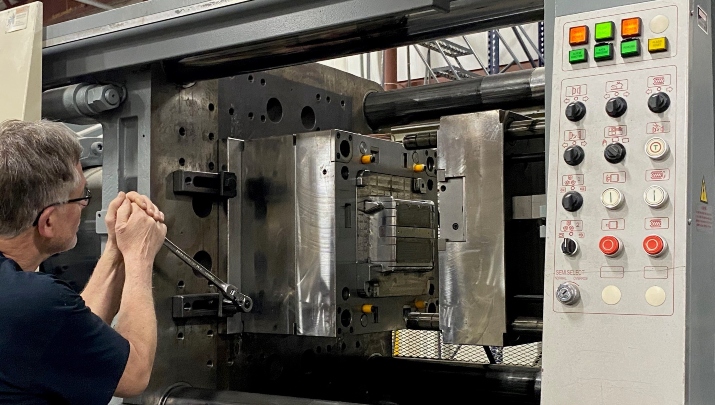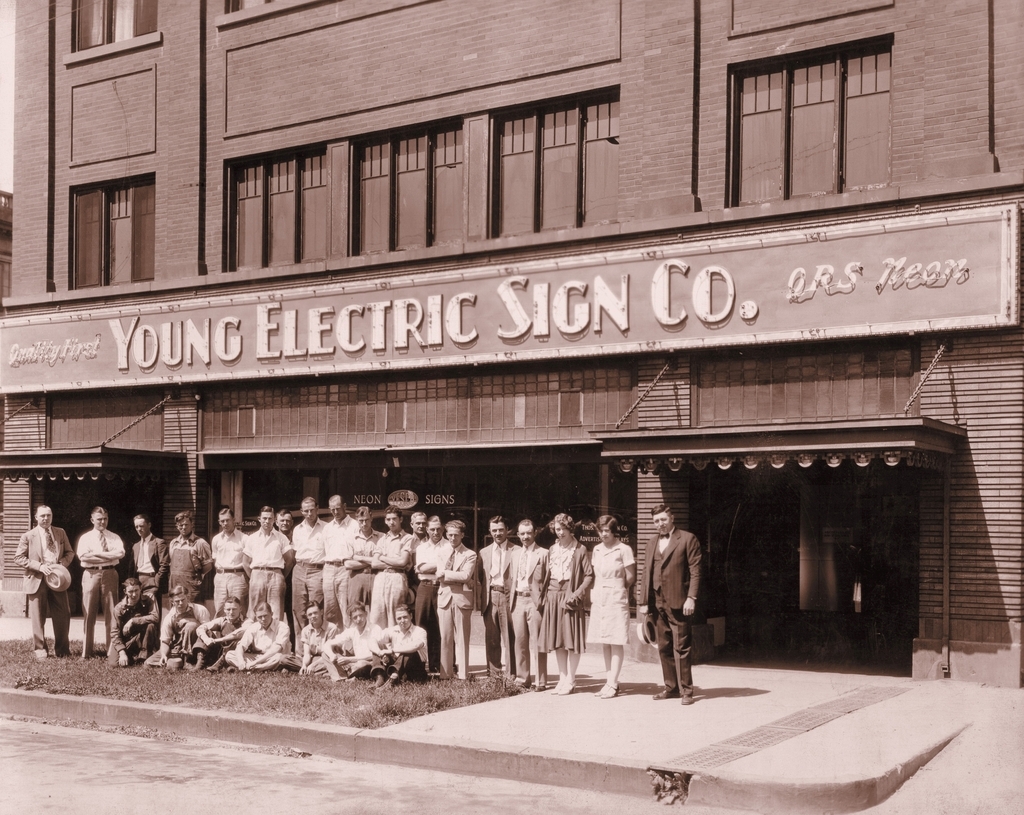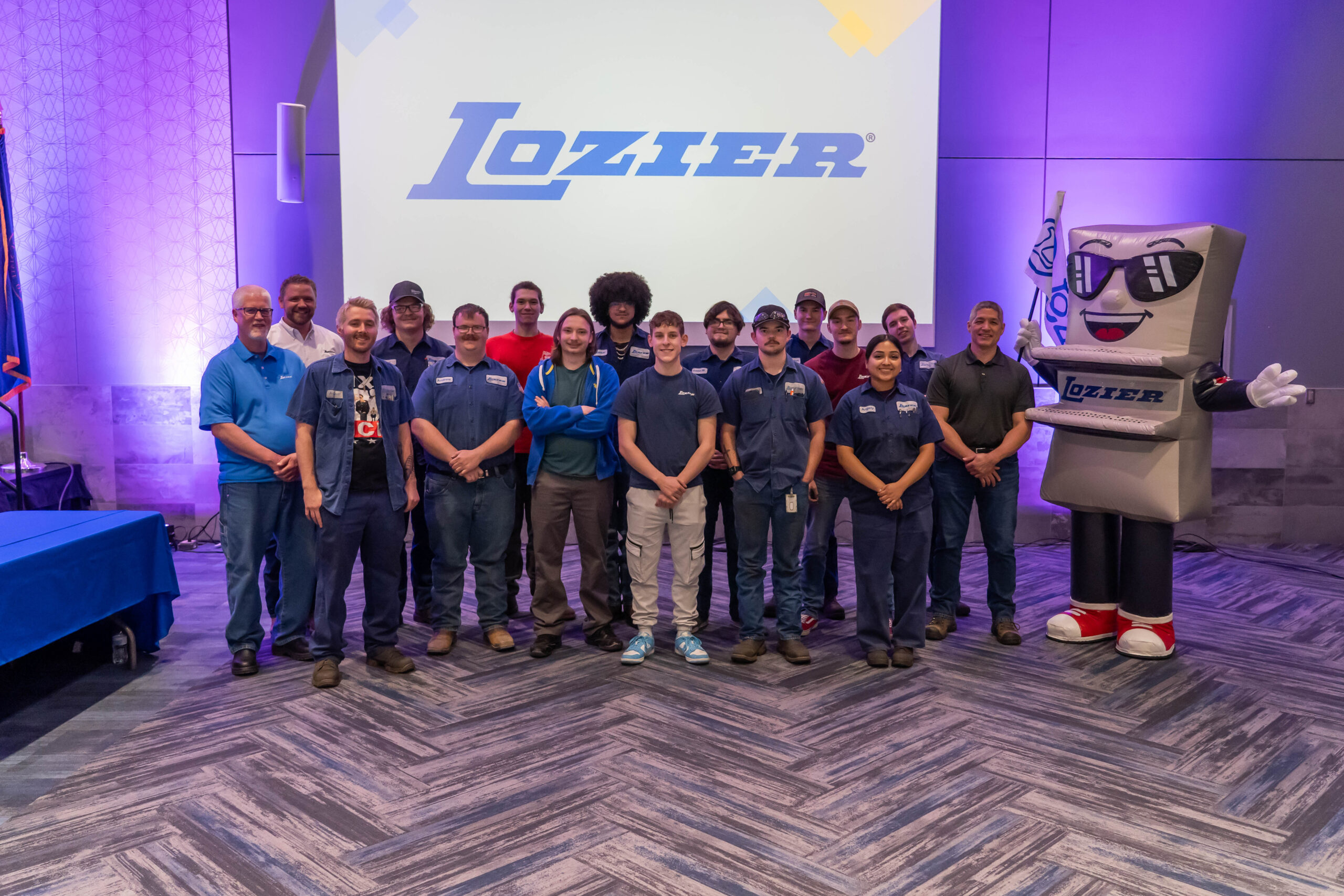
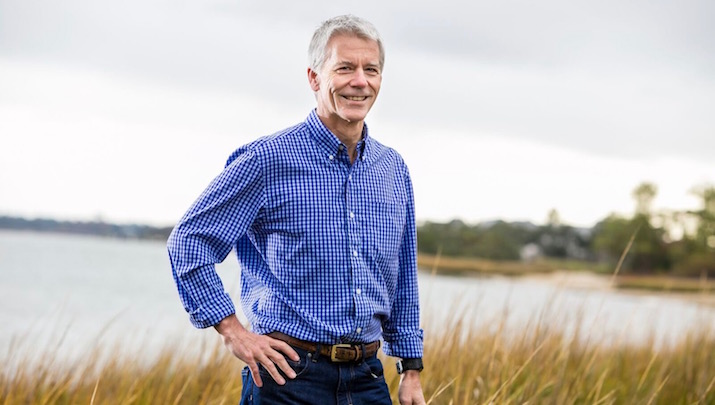
Leadership for All
- Keith Bowers
- Biohabitats
My applied-ecology firm works throughout the world in ecological restoration, conservation planning, and regenerative design. It takes a lot of effort and teamwork to make sure our planet’s vast ecosystems, including forests, prairies, and wetlands, are healthy. And in the 35 years since I’ve founded Biohabitats, I’ve learned that Evergreen companies need just as much care, nurturing, and collaboration to be sustainable.
One person — or even a small group of people at the top — should never be fully responsible for the decisions that will affect everyone in the company. This is why seven years ago I launched a Leadership Council. It’s our community garden where we cultivate leaders and grow a culture of empowerment and equity.
The council evolved out of my long-standing business philosophy. Since I started my Baltimore-based company straight after college in 1982, I have believed decisions within a company should be made collectively. I’ve never been a fan of a formal board of directors (although we do have one from a legal perspective). Instead, we view all of our team members as important decision-makers. To that end, we share our financial information (everything but the salaries) with our 75 team members in six offices across the U.S. and have quarterly companywide meetings to share our performance and future outlook. And every five or so years, we hold a strategic planning retreat with the whole company as a way to collect ideas, set a future course, and align our values.
This was the idea I’d always led with, but about eight years ago, I felt something was missing. Our team members were well-aware of what was happening in our company — but didn’t really have the power to make changes. When we co-sponsored a series of emerging-leaders workshops with like-minded organizations, a light bulb went on: We needed a body to make strategic and business decisions on behalf of our organization.
We started by developing a six-member Leadership Council, which anyone in the organization could sit on for a two-year stint. To ensure diversity on the council, we set it up so there would always be at least two Practice Leaders, one Bioregion Team Leader (the person who leads each office), and one shareholder participating. That left open two other seats to which anyone in the organization (administrative assistant, ecologist, engineer, landscape architect, communications director, etc.) could be nominated or nominate themselves.
All key decisions are taken up by the Leadership Council, but the process we follow is a bit more nuanced. We are transitioning to an Advice Decision-Making (ADM) model. ADM means that anyone in the organization, regardless of their role, can make any business decision regarding the organization, as long as the decision supports Biohabitats’ core values and they seek advice from the people that the decision will impact. This allows our team members the freedom to seize opportunities and make decisions for the collective good of Biohabitats. Yet it also ensures that decisions take into account other team members’ voices and past experience. Team members are not obligated to make a decision if they feel uncomfortable with the responsibility. They may elect to pass a decision to their Bioregion Team Leader or to the Leadership Council for consideration. The Bioregion Team Leader is empowered to make any decision on behalf of the bioregion (including hiring and firing, strategic initiatives, etc.) using ADM, or may elect to pass a decision to the Leadership Council.
The Leadership Council typically addresses organizational issues, including strategic and operational initiatives, assistance with recruiting and hiring, culture building and financial planning. Final decisions do not have to be by majority, although they may be if the person bringing the issue to the table wants to share responsibility for the outcome.
As CEO, I would never override any decision unless I, or any corporate officer of the company, believed the decision put the company at extreme fiduciary risk, jeopardized the safety or welfare of our team members, clients or business partners, or threatened the viability of the company to persist into the future. In those rare cases, we can intervene — although it has yet to happen. As we continue to build a culture that is centered around values, self-management, wholeness and evolutionary potential, we are attracting people who not only enjoy the freedom this approach allows, but who also recognize the responsibility and accountability it entails.
We meet every other week for about two hours, and for those who can’t meet in person, we use Microsoft Teams or other online platforms to communicate. We post a recording of our meeting on the Commons, our internal SharePoint intranet that all Team Members can access.
In the six years we’ve been doing this, we’ve made two big, surprising decisions for the entire company: We implemented unlimited leave time and did away with meaningless employee titles. I actually suggested the unlimited leave time. It was a really scary idea at first for the Leadership Council, since we bill for our time on an hourly basis. But after doing some research, everyone ended up supporting it because it makes people more responsible and accountable for how they spend their days.
The titles decision came about because our industry is littered with firms boasting employees with nearly nonsensical titles. After some reflection and much dialogue, we realized we’re better off being true to who we are and what we represent. Rather than come up with an artificial hierarchy based on a top-down model of power, we have instead decided that everyone plays a critical role in what we do and who we are. As a result, we encourage every Team Member to invent their own title, as long as it’s true to their role in Biohabitats and their vocation.
We’ve had to make some tweaks to the process. We now stagger Leadership Council appointments so there’s overlap — it was too difficult to have an entirely new Leadership Council come on at exactly the same time. We now also onboard members, especially the ones who have had no prior business experience.
It’s been interesting to see people come in without business experience and recognize what it takes to operate a business — people just didn’t see the complexity or layers of work you have to do. They’ve become a lot more respectful and patient — a cultural shift that usually takes a lot of time to evolve.
Our Leadership Council ties into everything about being Evergreen. We want to be around 100 years from now. We’re socially and environmentally responsible and profit isn’t our ultimate motive. Our mission and core values are what we’re all about.
The power is within everyone, not just a select few, and this is how our Evergreen company will flourish.
Keith Bowers is President of Biohabitats, Inc. an applied ecology design build firm focused on conserving biodiversity, restoring ecosystems, and regenerating resilient communities throughout the world.Originally from Baltimore and the Chesapeake Bay Bioregion, Keith and his family now reside in the Lowcountry of Charleston, South Carolina.
More Articles and Videos
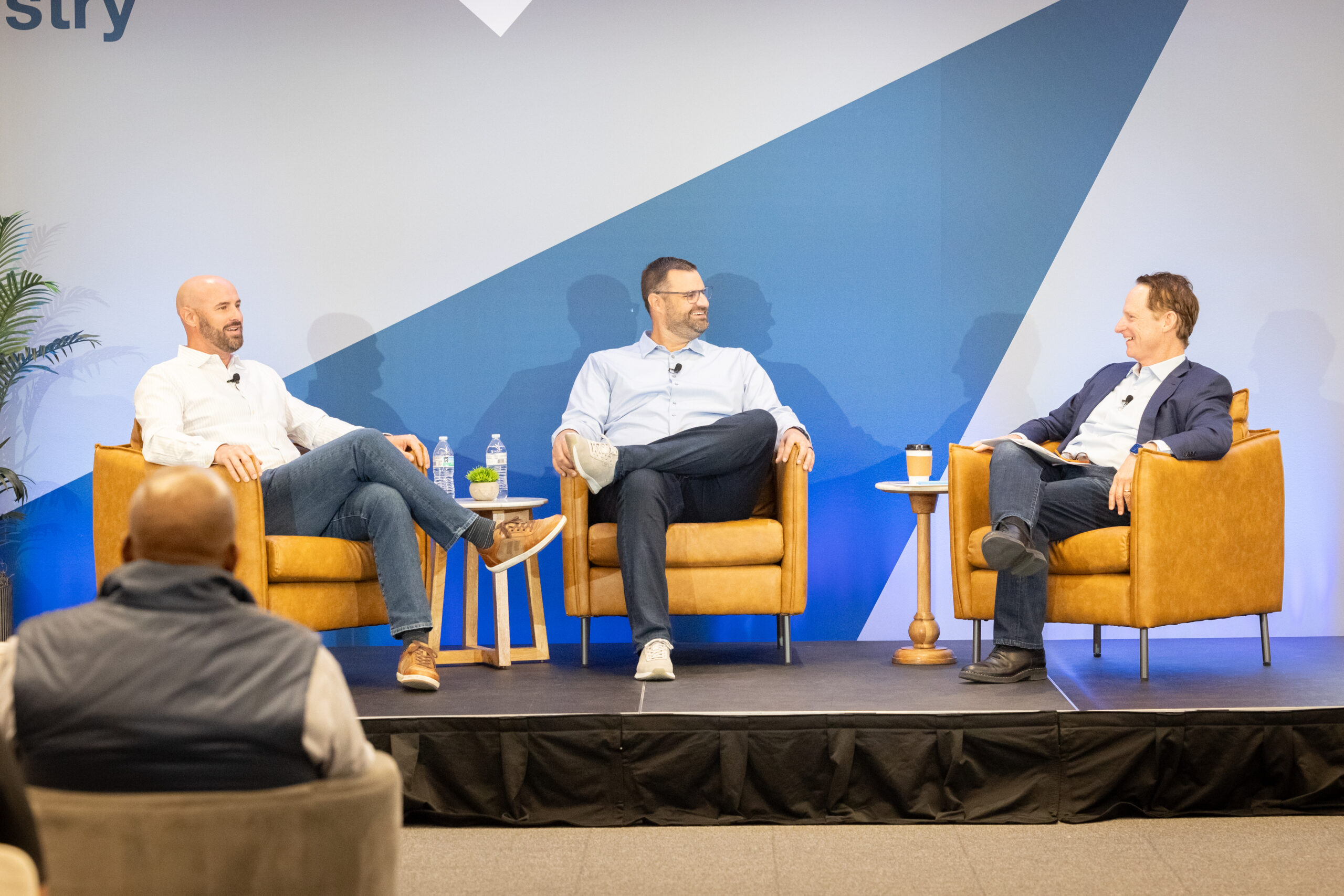
Fireside Chat with Dave Thrasher, Dan Thrasher, and Dave Whorton
- Dave Thrasher, Dan Thrasher, & Dave Whorton
- Supportworks and Thrasher Group

Get Evergreen insight and wisdom delivered to your inbox every week
By signing up, you understand and agree that we will store, process and manage your personal information according to our Privacy Policy
